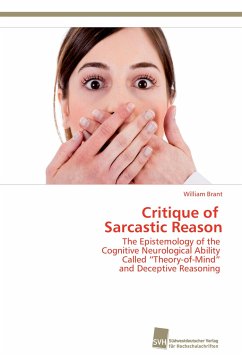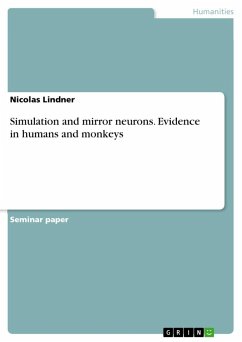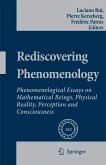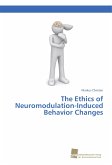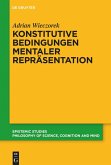Critique of Sarcastic Reason is a philosophical dissertation that combines several different fields in order to pave the way for those studying sarcasm at the neurobiological, communicative and socio-political levels of analysis where sarcasm appears, respectively, through associated brain activity, between two or more individuals with higher level metabeliefs, and as a method by which political, religious and other social ideologies are attacked (i.e., one form of "biting sarcasm"). The academic disciplines involved in Critique of Sarcastic Reason include social cognitive and developmental psychology, neuroscience, critical theory, modern and contemporary philosophy of mind, evolutionary biology, logic, metaphysics and epistemology. Sarcasm is argued to only function at the highest levels of metacognition, and sarcasm occurs within social situations during which there are tendencies for two or more people to form desires and disgusts directly related to beliefs about beliefs. Sarcasm is compared to deception and is argued to be best analyzed as either spontaneous or rehearsed.

